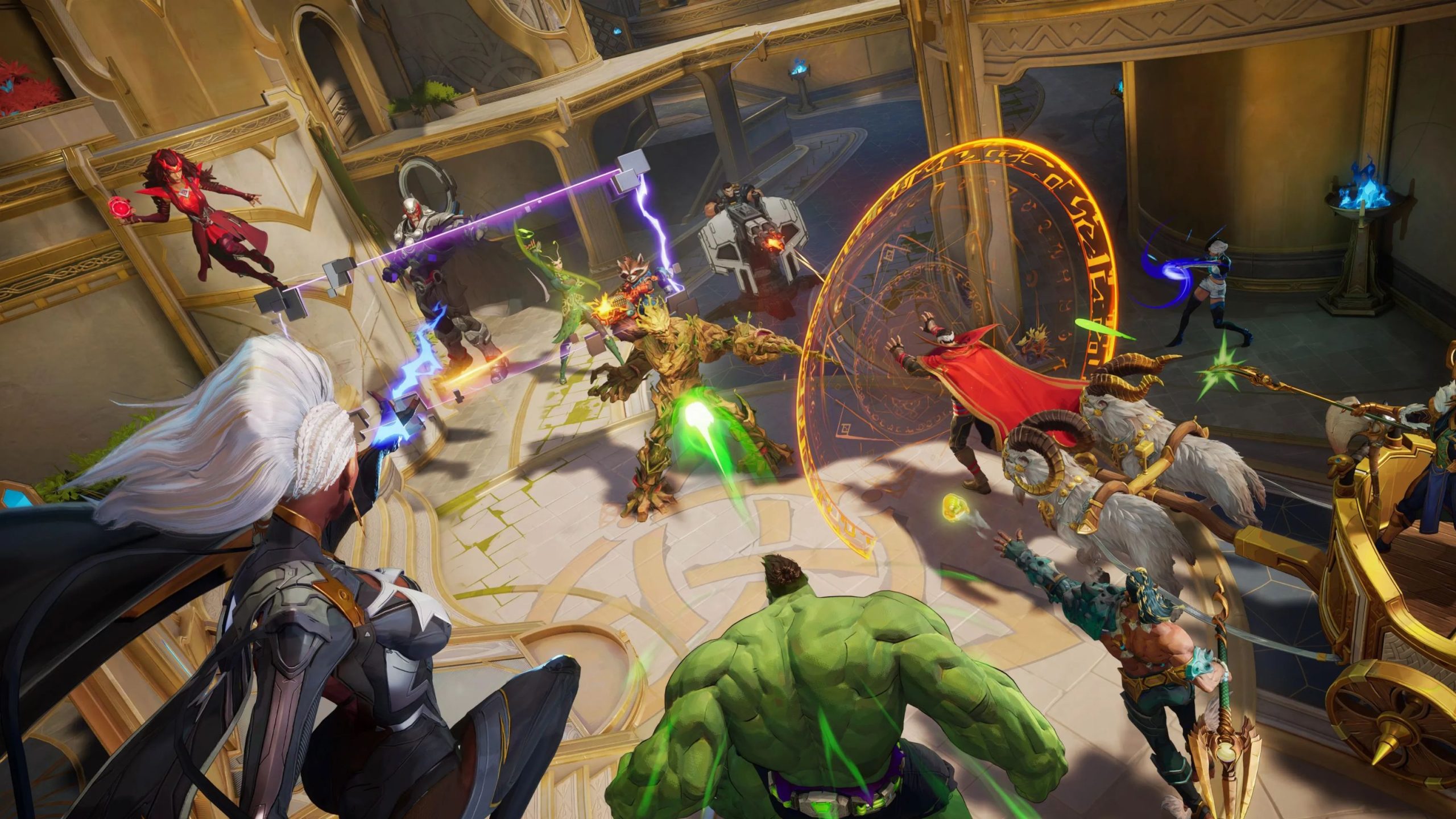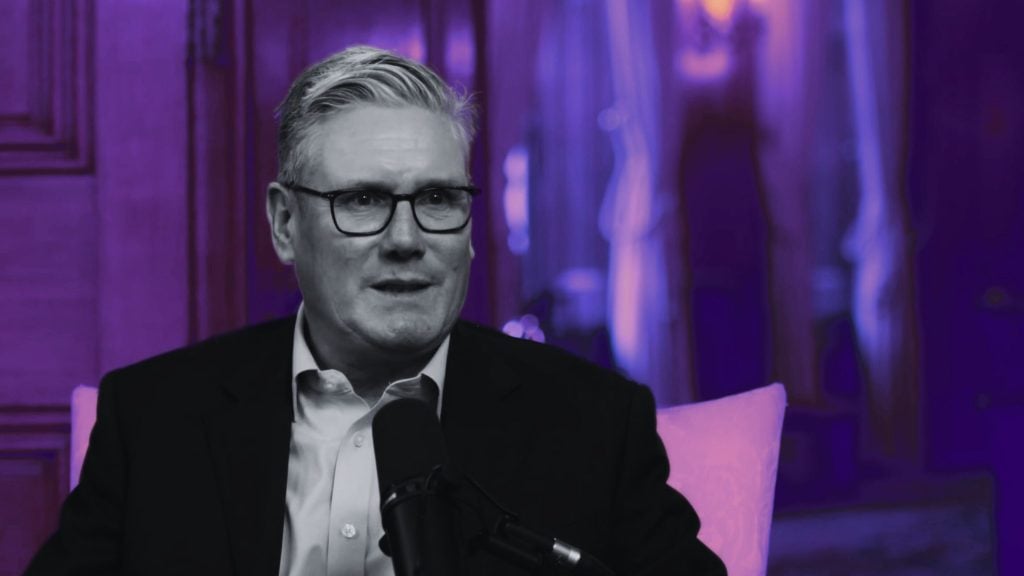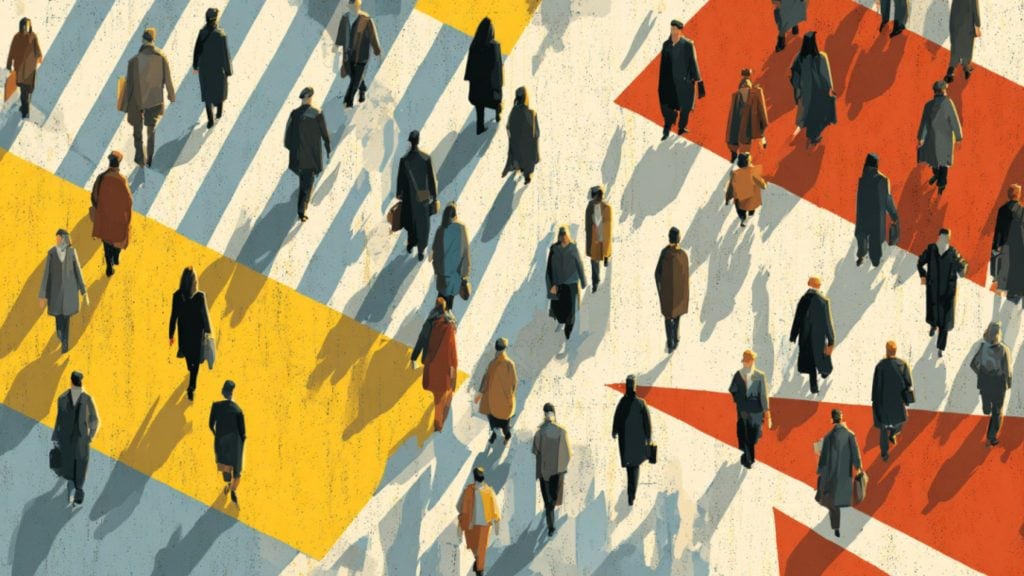The newly released superhero PvP game Marvel Rivals, developed by Chinese studio NetEase Games, has ignited controversy with its heavy-handed censorship policies. While the game offers an engaging multiplayer experience, ongoing issues like a “pay-to-win” model and peculiar censorship choices have attracted significant criticism.
As reported by Asmongold, in line with many Chinese-developed games, Marvel Rivals censors phrases like “Winnie the Pooh,” “Pooh,” “Free Taiwan,” and “Tiananmen Square massacre” in its in-game chat. Players have reported that typing “Winnie the Pooh” triggers a flag for “inappropriate content,” a decision rooted in political sensitivities.
The censorship of Pooh-related references stems from a longstanding issue in China. Since 2017, comparisons between Chinese President Xi Jinping and the beloved Disney character have resulted in a sweeping ban on the bear’s name in online spaces. The situation escalated when the Taiwanese horror game Devotion was pulled from global storefronts after including an Easter egg mocking the president with this comparison.
Broader Pooh Ban in Chinese Media
The Pooh crackdown extends beyond gaming. Although books, toys, and certain theme park attractions featuring the character are still permitted in China, some Pooh-related films have been barred from release. Despite the seemingly lighthearted origin of the comparison, the ban reflects the Chinese government’s broader efforts to suppress dissent and limit free expression.
A Growing Trend in Gaming
Marvel Rivals isn’t alone in adhering to China’s strict censorship guidelines. Numerous games developed in the region feature similar restrictions, often prioritizing compliance with local regulations over players’ freedom to communicate openly. For Western audiences, these bans can seem both excessive and comical.
Despite its promising gameplay mechanics, Marvel Rivals risks alienating its audience with these unresolved problems.










